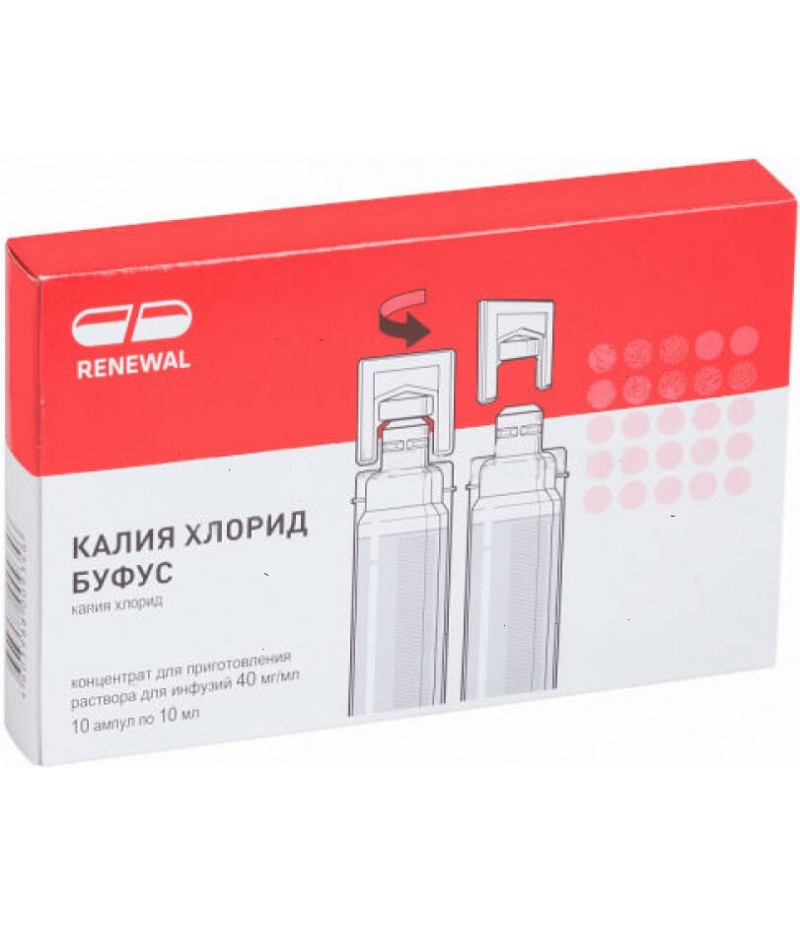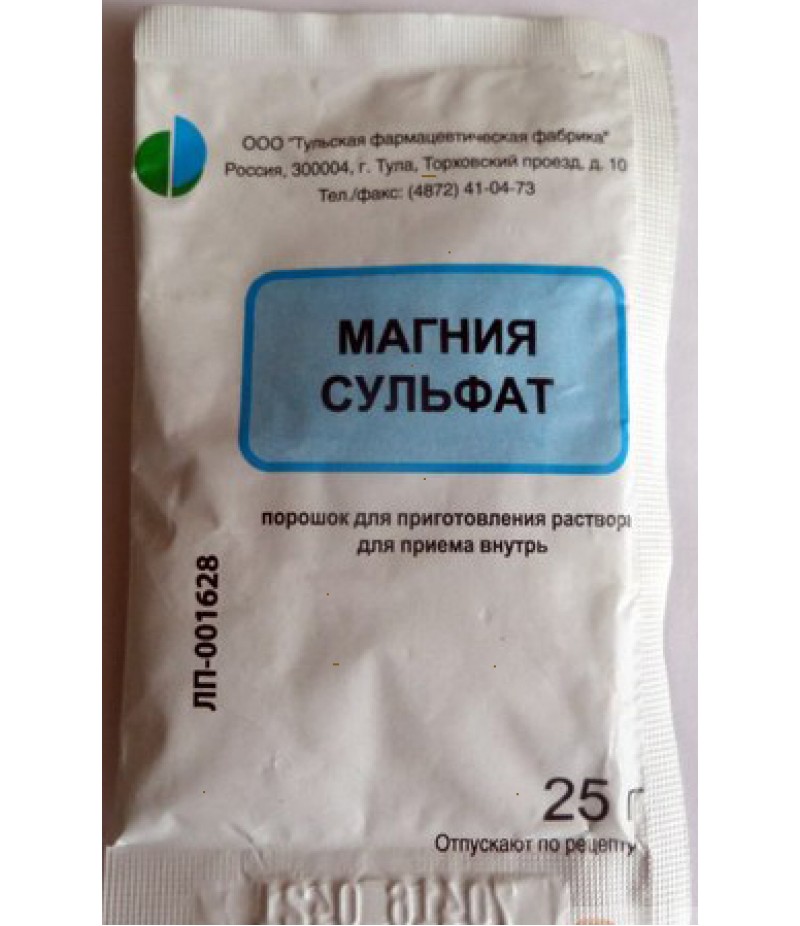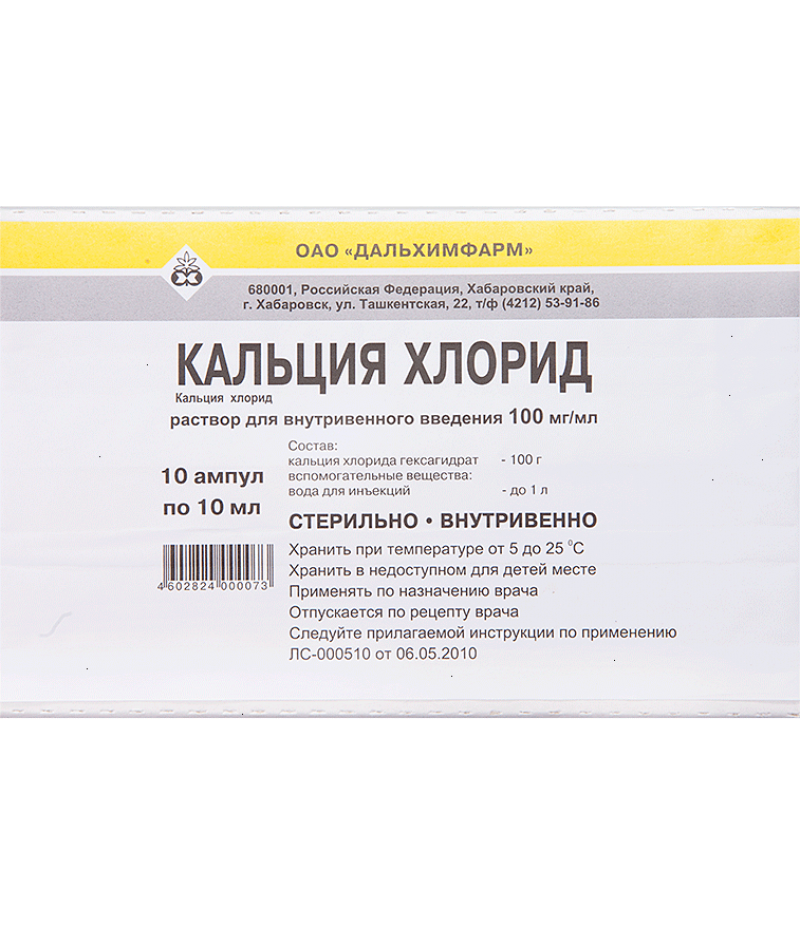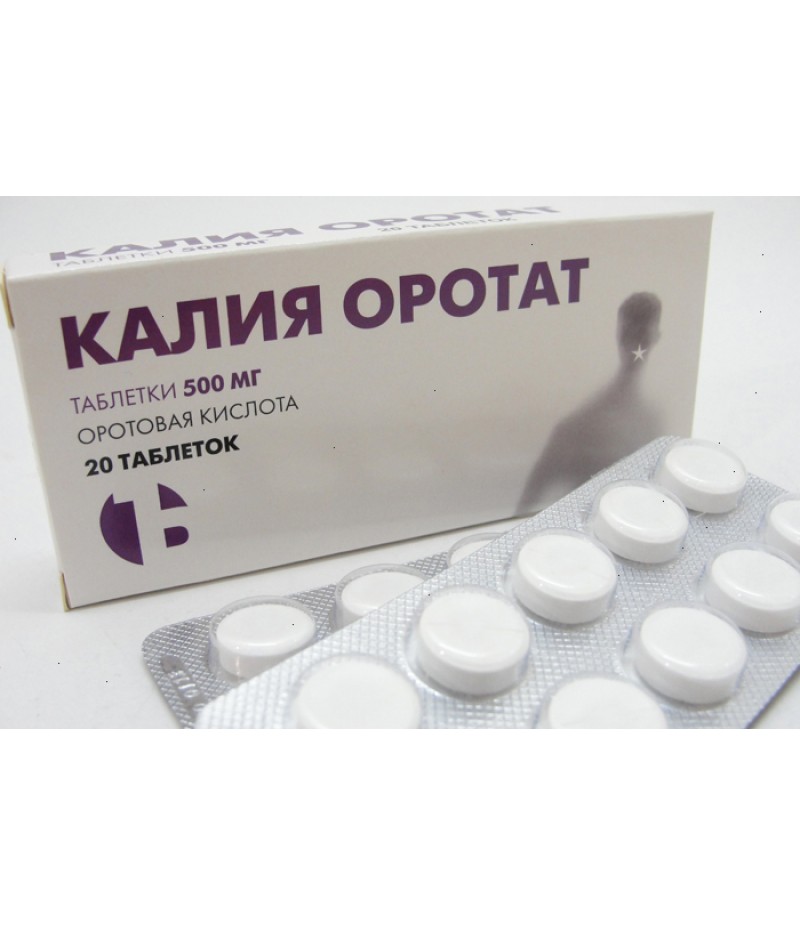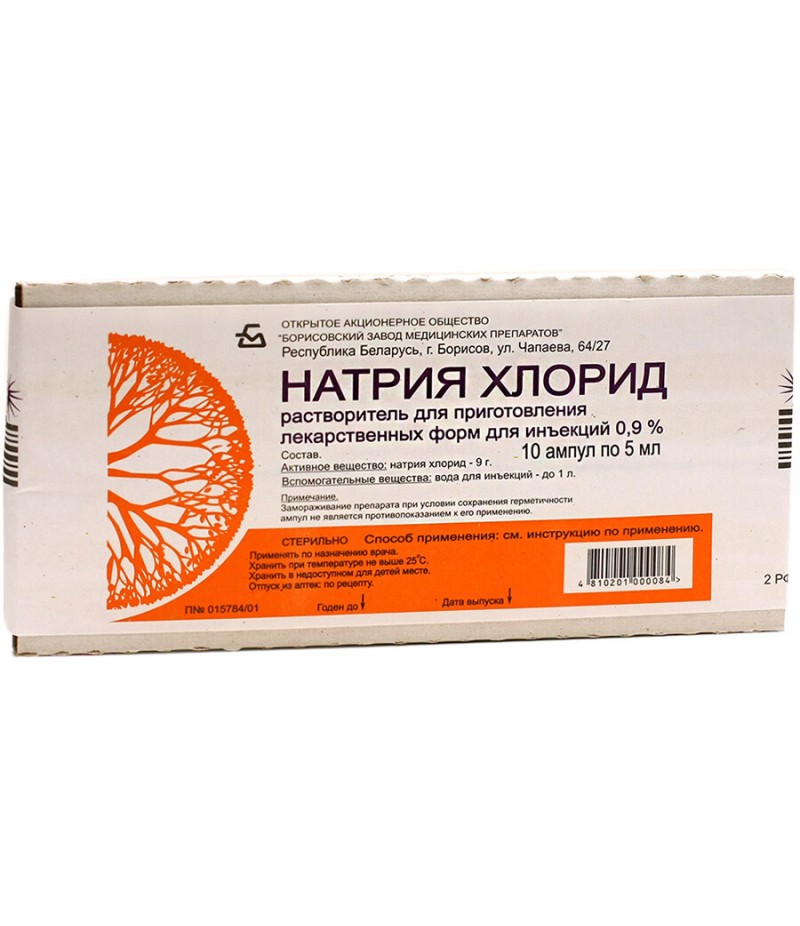Potassium chloride 40mg/ml 10ml #10
- $4.83
- 3 or more $4.79
- Availability:In Stock
Potassium chloride user manualReed more and buy Potassium chloride hereComposition1 milliliter of the drug may include 30, 40, 75 or 150 mg of potassium chloride, the active ingredient.Additional ingredients: water d / in up to 1 ..
Potassium chloride user manual
Reed more and buy Potassium chloride here
Composition
1 milliliter of the drug may include 30, 40, 75 or 150 mg of potassium chloride, the active ingredient.
Additional ingredients: water d / in up to 1 ml; 0.1 M hydrochloric acid to pH 3-4.
The chemical formula is KCl.
Form of issue
Company "Dalhimpharm" produces a preparation of Potassium Chloride in the form of a concentrate for further infusion use, in vials of 100 or 200 ml.
pharmachologic effect
Replenishing lack of potassium.
Pharmacodynamics and pharmacokinetics
According to Wikipedia, a solution of potassium chloride is designed to restore the water-electrolyte balance. In moderate doses, the drug has a negative butmotropic and chronotropic effect, at higher dosages it is characterized by negative dromotropic and inotropic efficacy, and also exhibits a moderate diuretic (diuretic) effect.
The introduction of small doses of potassium promotes the expansion of coronary vessels, and the use of large doses to narrow them. The use of potassium drugs enhances the transmission of nerve intercellular impulses, and in the case of intravenous administration it contributes to the increase in adrenal secretion of adrenaline.
The drug activates a large number of cytoplasmic enzymes, corrects the osmotic intracellular pressure, replicates proteins, muscle contractility of the skeleton and transportation of amino acids. Reduces conduction, heart rate, contractility, excitability and automatism of the myocardium. An increase in the content of this microelement in the body reduces the possibility of toxic effects of cardiac glycosides.
Indications for use
The use of potassium chloride is shown when:
hypokalemia (including patients with diabetes mellitus, vomiting, prolonged diarrhea, as well as patients using glucocorticoids, some diuretics and hypotensive drugs);
prevention and treatment of paroxysmal tachycardia, glycoside intoxication, ectopic arrhythmias (in the acute period of myocardial infarction).
Contraindications
atrioventricular blockade of the third degree (complete);
hyperkalemia;
adrenal insufficiency;
concurrent use of potassium-sparing diuretics;
age up to 18 years;
chronic kidney failure;
metabolic disorders (hyponatremia with hypovolemia, acidosis).
Side effects
muscle weakness;
arrhythmias;
paresthesia;
allergic manifestations;
confusion of consciousness;
lowering blood pressure;
heart block;
hyperkalemia;
heart failure.
Instructions for use of Potassium Chloride
In case of diagnosing the indications for the use of the drug, Potassium Chloride is administered intravenously strontaneously, using potassium chloride in ampoules, or infusion (dropwise) together with dextrose (5% solution).
At an intoxication by glycosides it is shown to enter potassium chloride in a daily dosage of 2-3 grams, in case of serious intoxication - up to 5 grams.
With gipokaliemii, passing with heart rhythm disorders, appoint 1-1.5 grams 4-5 times in 24 hours, with a decrease in dosage after restoring the rhythm of the heart.
In the case of persistent vomiting or severe intoxication that require immediate elimination, a 4% solution diluted in 40% glucose is used. 50 ml of the drug are dissolved in a tenfold higher dose (500 ml) of water d / in and injected as an infusion at a frequency of 20-30 cap / min. Also, it is possible to administer infusion at a rate of 2.5 grams in 500 ml of 5% dextrose or 0.9% sodium chloride.
To level the paroxysmal tachycardia, 8-12 grams of the drug is used on the first day, with a further reduction in the dosage to 3-6 grams.
To prevent or treat ectopic arrhythmias, a polarizing mixture is prepared in the acute period of myocardial infarction, for which potassium chloride is dissolved in 5-10% dextrose with the addition of short-acting insulin (1 ED per 3-4 grams of dry dextrose).
Overdose
Overdose observed hyperkalemia, characterized by the following symptoms: muscle hypotension, paresthesia of limbs, arrhythmia, inhibition of atrioventricular conduction, cardiac arrest. The first manifestations of hyperkalemia usually occur when the serum potassium concentration is greater than 6 meq / l (loss of the U wave if it was present on previous cardiograms, T-wave extension, QT prolongation, ST segment decrease, QRS complex increase Severe symptomatology of hyperkalemia (muscle paralysis and cardiac arrest) are formed at a plasma content of 9-10 meq / L.
To stop this condition, the administration of 0.9% sodium chloride and 300-500 ml of 5% dextrose with an insulin content (10-20 units / liter) is prescribed intravenously. If necessary, peritoneal dialysis and hemodialysis are performed.
Interaction
Increases the negative butmotropic and dromotropic efficacy of antiarrhythmic drugs.
When used in parallel with cardiac glycosides, it improves their tolerability.
Joint use of Cyclosporine, Heparin, beta-adrenoblockers, potassium-sparing diuretics, ACE inhibitors, NSAIDs may increase the possibility of the formation of hyperkalemia.
Terms of sale
If you want to buy Potassium Chloride online, you don't need a prescription.
Storage conditions
Vials with a solution retain their properties at an ambient temperature of 15 to 25 ° C.
Shelf life - 1 year.
special instructions
It should be borne in mind that food containing a large amount of sodium enhances the excretion of potassium from the body.
Throughout the application of the drug it is necessary to control the serum content of potassium ions and conduct an electrocardiogram.
When treating the symptoms of hypokalemia, the acid-base state of the body should be monitored.
It must be remembered that severe hyperkalemia, which can cause death, develops asymptomatically and quickly.
The use of potassium chloride as fertilizer
In addition to the use of potassium chloride in medicine, it is widely used in industry (making leatherette, rubber, etc.), as well as in agriculture as a fertilizer. GOST 4568 95 (state standard) regulates all provisions on production, appearance, packaging, sanitary requirements, methods and methods of use, etc. namely technical and agricultural potassium.
The use of potassium chloride in horticulture and horticulture, in addition to saturation of the soil, has a number of positive points for the plants themselves, such as: increased yields, increased resistance to frost, disease, drought, pests, increased storage and appearance of fruit and tubers, in them nitrates and radionuclides. The main sphere of influence is perennial fruit and berry plants, vegetable crops and ornamental plantations.
Children
In childhood, the effectiveness of the use of potassium chloride and the safety of its use are not established, in connection with which, the solution is not prescribed until 18 years.
During pregnancy (and lactation)
If it is necessary to use the solution during pregnancy, it is necessary to correlate the expected benefit of therapy for the mother and the possible negative effects for the fetus.
During lactation, it is better not to use a solution of potassium chloride, or to refuse from feeding itself.
Reviews
The solution of potassium chloride is well established as an antitoxic agent for poisoning the body with glycosides, as a medicine in case of manifestations of ectopic arrhythmias, paroxysmal tachycardia and, of course, irreplaceable for hypokalemia.

